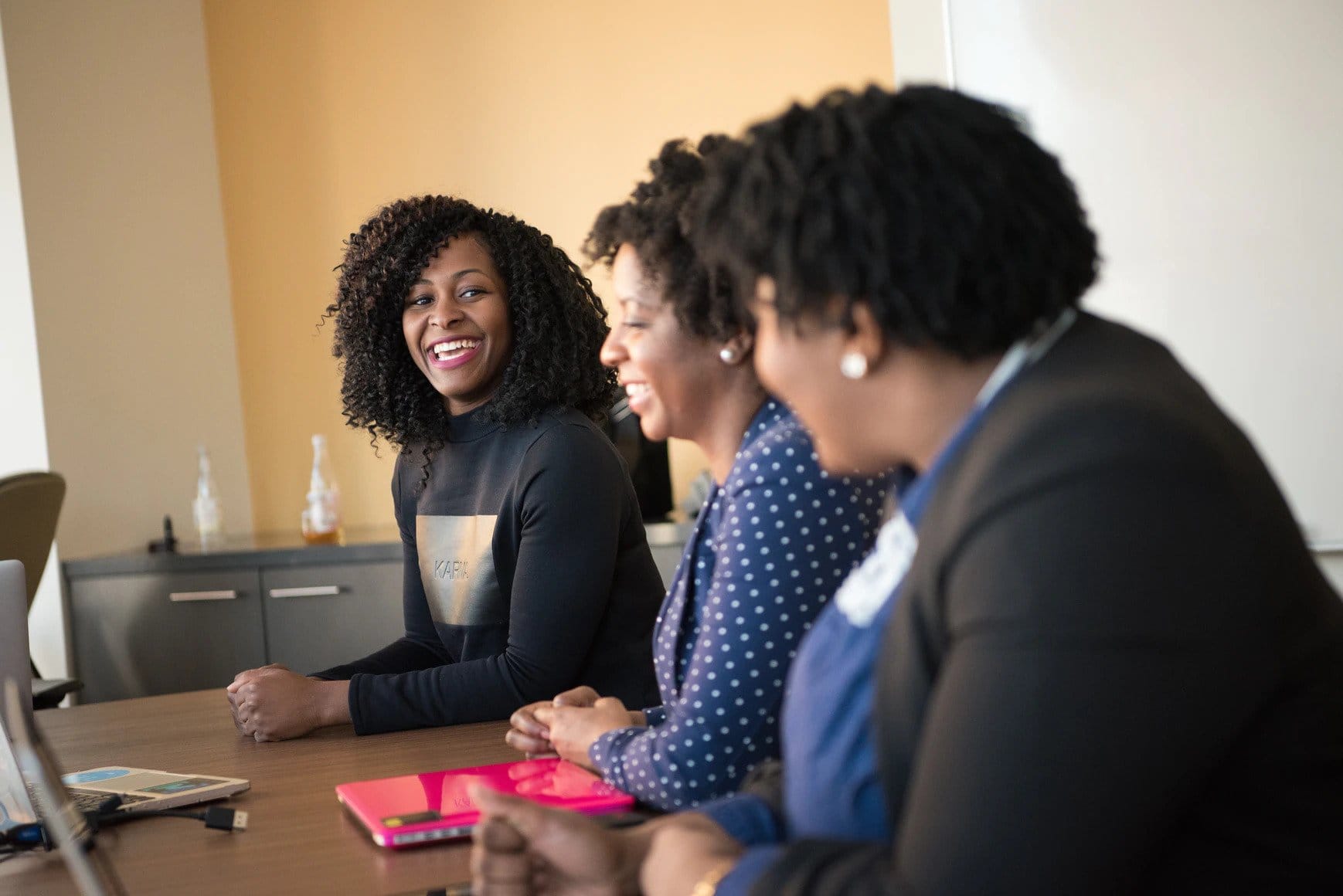
Lead2030

WHY DO WE NEED CHANGE?
It is no coincidence that the majority of state legislators are wealthy or retired. For most people, the costs of entering and staying in public office are highly prohibitive. The founding fathers encouraged states to form “citizen legislatures” to avoid creating career politicians and also envisioned part-time legislatures, whose calendars would meet the needs of an agrarian society. In today’s society, serving in part-time legislatures is only “affordable” to those who are retired, wealthy, or have professions with a highly flexible schedule. For example, in Georgia today, state legislators are expected to sit in session for 40 non-consecutive days, with no consistently predetermined schedule. Between salary and per diem allowances, they earn less than $25,000 per year.
Given the low salaries in various states, it is a struggle for public health professionals, educators, first-generation college students, and single parents to serve as legislators. As a result, state legislatures do not reflect the lived experience of the state’s population, particularly people of color and working class people.
WDL proposes to change the way state legislatures work by 2030. This long-term vision seeks to advance how Americans view elected office and who they believe should lead. In the short-term, we will support the potential for women of color to run for, and stay in, state legislatures.
RE-ASSESSING OUR SOLUTIONS
WDL first piloted Lead2030 in 2020 and has since successfully placed 15 fellows with various nonprofits. After three cycles of legislative fellowship placement, we interviewed past Fellows and host organizations in order to review current program structure and identify any potential areas of improvement.
It is resoundingly clear that there is still a strong need for this program, as Fellows shared that the fellowship model provided the coaching, training, and support that they needed. However, it is also clear that modifications are needed to better account for legislative schedules, as well as the current and future needs of both legislators and host organizations. These recommendations are outlined on page 3 of this overview.
HOW WILL IT BE DIFFERENT? Long-term, we envision Lead2030 as a “matchmaking” and career-building service to ensure that brilliant legislators do not continue to struggle finding meaningful and sustainable employment. We don’t want to rob ourselves of the next Stacey Abrams or Ilhan Omar because of lack of support and financial means to serve as a legislator. Based on our program assessment, we will implement the below adjustments:
THE LEAD2030 MODEL
Peer Check-In Sessions
Each monthly session will kick off with Fellows meeting to design a national effort. This fosters collaborative relationships and opportunities to practice the skills they are continuing to obtain.
During these monthly sessions, Advisors will have dedicated time to debrief on session topics and discuss if/how it resonates with them.
We will also pair Fellows up in order to have accountability buddies; they will take 10 minutes at the end of each personalized session to discuss the personalized activity and how they applied the session topics to their own career or consultancy trajectory.
1:1 and Group Coaching
The Lead2030 cohort coaching program is designed to support each of you as individual members of the cohort and the cohort as a whole by working through specific challenges and growth edges you each identify for yourselves in your work as a movement leader and as a manager/leader of teams or entrepreneurs, always with a race and equity lens.
Beginning in October 2024, each of you can book up to two hours a month of coaching, either in either two 60 minute, or four 30-minute sessions (or some combination of those). During each coaching engagement we will support the growth and development you are aiming for, or focus on specific problems/issues you have at the moment. Fellows will have the opportunity to participate in group coaching calls as well.
This coaching program is confidential – specifically in that coaches will not reveal conversations to other members of the cohort or in any specific detail to members of the cohort management team. In addition to the 1:1 confidential coaching sessions, the coaches will connect with WDL leadership to share themes and patterns from the sessions to identify opportunities for joint sessions and future workshops virtually or in person.
Collective Capstone Project: Fair Pay Campaign
By 2030, Women’s Democracy Lab seeks to change the way state and local legislatures work, advance how Americans view elected office, and increase pay for elected officials. To advance this goal and everything we do at WDL, we start with those most impacted by the problem. That’s why this year, our Lead2030 cohort 4 members will have the opportunity to co-develop a Fair Pay campaign to call for lasting change, while expanding the reach of our Fellows to have a national impact.
WDL’s Elected WOC Expert Panel
We recognize that our elected officials have various needs ranging from one-time speaking engagements to a few hours a month to longer-term commitments. Hence, there is a need to transition from a traditional fellowship model to a talent match-making model.
During this pilot, Fellows will have the opportunity to register for WDL’s Elected WOC Expert Panel, designed for elected Indigenous women and women and femmes of color. At the end of the cohort experience, WDL will work to match fellows with host organizations that fit their needs to help jump-start or enhance their consultancy practice as paid advisors.
Matching will occur on a rolling basis and is not guaranteed at the end of the cohort experience. We will work endlessly to identify organizations that match your skill set, interest, and availability. Fellows who are not matched with a host organization by the end of the cohort will continue to remain in our talent pool and have priority for incoming host organizations.
Application
The application for our 2024-2025 cohort is now closed. If you’d like to receive updates about our 2025-2026 cohort, please fill out the contact form at the top of this page.
LEAD2030: 2.0
HOST ORGANIZATION REQUIREMENTS
DELIVERABLES: Host organizations are expected to support the professional growth and policy knowledge of Fellows, provide a scope of work that leverages legislators’ skills and interests and advances the work of the organization, and complete an evaluation at the end of the contract.
PAYMENT STRUCTURE: Host organizations will contribute the full stipend for their assigned Fellow. WDL will leverage internal staff to provide administrative and logistical support (ex. recruiting and matching potential Fellows, training/onboarding, managing progress through check-ins).
TIME COMMITMENT: Flexible. The commitment requirement will be based on the host organizaitons needs, Fellows skill set, expertise, and availability. Evaluations will be conducted annually.